The North Dakota Congressional Delegation will soon vote on a proposal to repeal a Bureau of Land Management rule to curb venting and flaring of natural gas.
If Congress repeals it, they will cripple the ability of the BLM to manage an array of issues associated with drilling on public and tribal lands. The oil and gas industry and its supporters in Congress may cheer. But their plan to sideline the BLM would prevent the federal government from ever taking the same steps North Dakota has to reduce waste.
Thanks to a little-known law called the Congressional Review Act or CRA, Congress may overturn government regulations adopted within the previous 60 legislative work days. The CRA has only been used once before, because it is a double-edged sword. If Congress invokes the CRA to repeal the BLM rule, it cannot issue a similar rule — ever — unless Congress passes new legislation allowing it to. And given Congress’ inability to pass even an annual budget, a CRA repeal would mean the old rules for venting and flaring would effectively become permanent.
In other words, a CRA repeal would be a disaster for taxpayers.
Oil and gas drilling has changed dramatically over the three decades since the old rules for venting and flaring were set in 1979. New techniques like hydraulic fracturing have made the original rules woefully inadequate. Repeated audits and reviews of the 1979 rules all found problems with the existing system of tracking and managing lost gas. Eventually, the Government Accountability Office put Management of Federal Oil and Gas Resources on its list of “high risk” government programs – meaning those with “greater vulnerabilities to fraud, waste, abuse, and mismanagement.”
North Dakota has experienced a rapid increase in oil production in recent years, outpacing the capacity of existing pipeline infrastructure. The amount of gas being flared off instead of captured also increased dramatically, until the North Dakota Industrial Commission adopted a policy to reduce flaring. Since the new policy was adopted, production has increased, while waste has decreased. Some of the policies in the BLM rule, such as gas capture targets and ability to choose whether to comply on a county- or state-wide average basis, are modeled in large part on North Dakota’s regulations.
Fort Berthold Indian Reservation lies within the heart of North Dakota’s Bakken oilfields. Nearly 1/3 of North Dakota’s oil is produced on the Reservation. At the highest production times, North Dakota oil producers flared nearly 33% of produced natural gas. Rules that prevent the extensive waste of natural gas will financially benefit the Reservation to deal with failing infrastructure from rapid oil and gas extraction. The BLM Rule will ensure that trust responsibility will be in the best interest of individual allottees and tribally owned lands.
Opposition to government rules should not mean overlooking potential waste, fraud, and abuse on federal and tribal land at taxpayers’ expense. The oil and gas industry argues that companies, not the BLM, should decide when to pay a royalty on gas that is lost during drilling. This is an incredible claim, one a private landowner would balk at. Taxpayers own this resource, and it is insulting and irresponsible that we would defer to the oil and gas industry to tell us when it will pay for it. Moreover, the system created by the 1979 rules includes minimal oversight, meaning the industry can tell us whatever it wants, which helps explain why it is on the list of “high risk” programs.
Before deciding whether to permanently limit the federal government’s ability to curb this senseless waste, the North Dakota delegation should consider their responsibility to taxpayers, as well as North Dakota’s success taking steps to reduce waste. If Congress sidelines the BLM, it could make the problem of wasted gas and lost revenue worse.

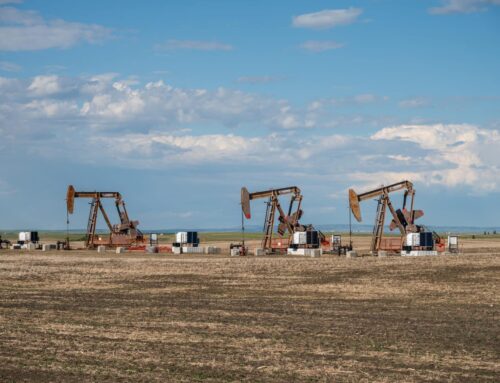
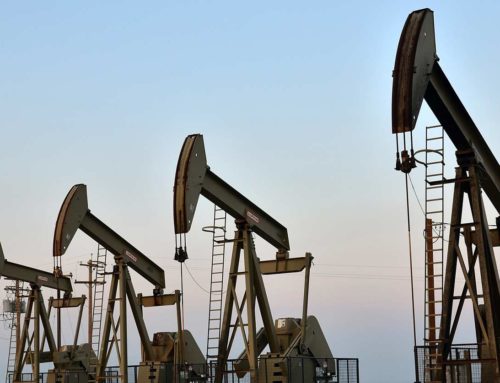
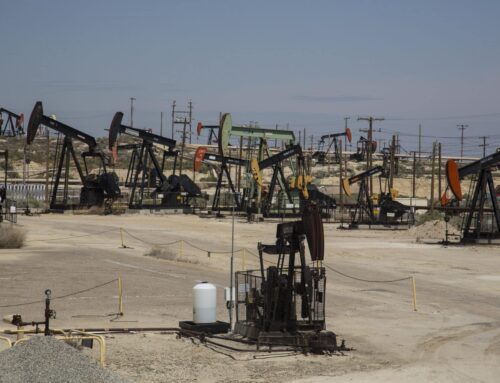
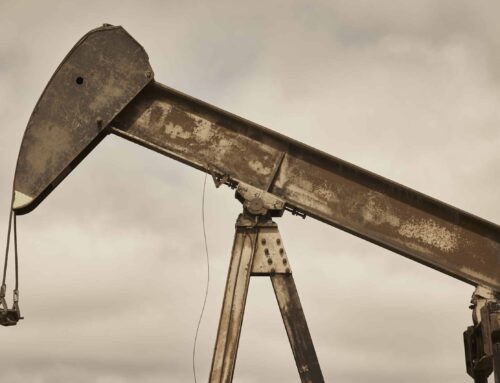
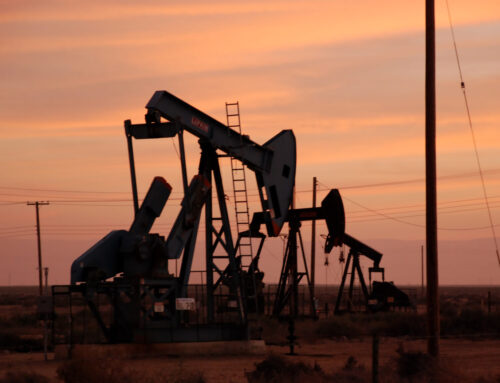
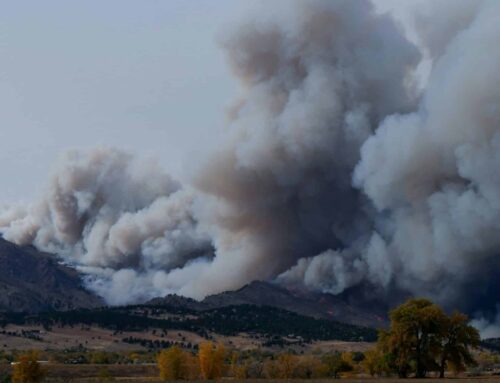







Get Social